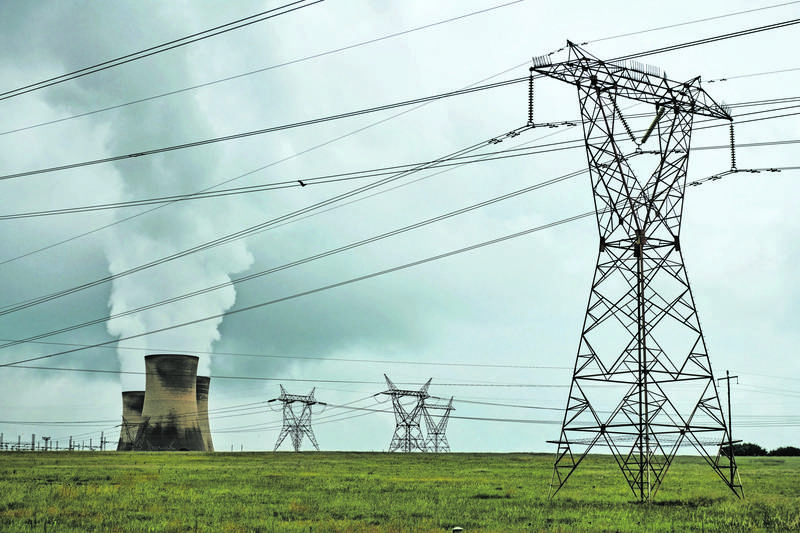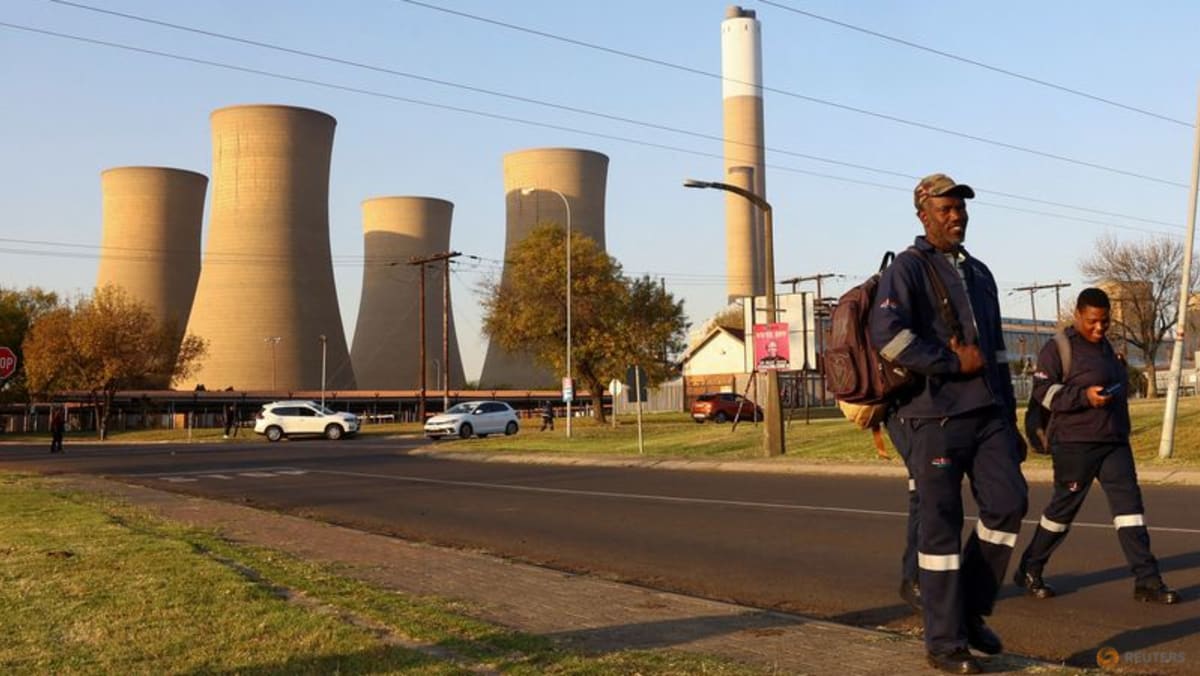As South Africa grapples with its energy crisis, the recently drafted Integrated Resource Plan 2023 (IRP) sheds light on the nation’s energy future. This comprehensive analysis navigates through key aspects, including renewable initiatives, private equity investments, and challenges on the horizon.
Renewable Resilience: IRP’s Focus on Solar Energy
The IRP outlines a strategic path for renewable power generation, with an emphasis on solar energy. The plan aims to procure 3,725 megawatts of new renewable capacities by 2030, aligning with global efforts to embrace sustainable energy sources.
Private Equity Prowess: Fuelling Renewable Growth
Private equity investments in South Africa’s energy sector are gaining momentum. Notably, African Infrastructure Investment Managers commit up to $90 million for over one gigawatt of renewable energy assets, highlighting the sector’s attractiveness to investors.
IRP 2023 Unveiled: A Two-Phased Approach
President Cyril Ramaphosa’s IRP 2023 addresses the immediate energy crisis (Horizon 1, 2023-2030) and outlines future scenarios (Horizon 2, 2031-2050). The plan focuses on securing electricity supply, managing costs, and integrating low-cost, decarbonized energy sources.
Challenges and Collaborative Solutions
The IRP faces criticism for methodology and alignment with international agreements. Grid limitations, Eskom’s financial struggles, and municipal non-payment pose challenges. Enhanced collaboration between departments, stakeholders, and public awareness are crucial for effective energy strategies.
Holistic Vision: Integrating IRP with Industry Reforms
As the IRP undergoes finalization, integration with industry reforms, alignment with renewable energy master plans, and addressing private sector challenges are paramount. A holistic approach ensures a resilient, sustainable energy landscape for South Africa.
Source: mg.co.za





